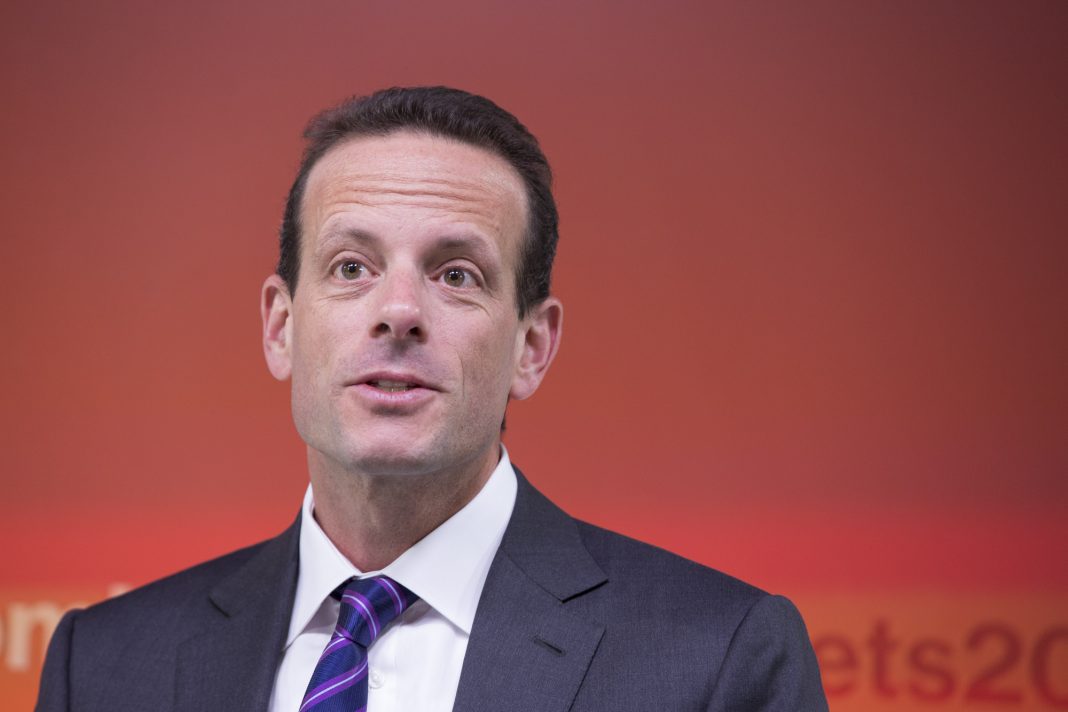 Differences Between Saving and Investing: A Closer Look at Financial Planning
Differences Between Saving and Investing: A Closer Look at Financial Planning
When it comes to personal financial planning, it’s essential to understand the distinction between saving and investing. While these terms are often used interchangeably, they represent different approaches to managing your money. Saving involves setting money aside in low-risk options like savings accounts or certificates of deposit (CDs). This approach offers liquidity, allowing you to access your funds quickly for emergencies or short-term goals. However, the trade-off is low returns. On the other hand, investing involves buying high-risk assets such as stocks or exchange-traded funds (ETFs) in the hopes of achieving higher rewards. Investing is a long-term commitment that requires patience and a tolerance for market fluctuations.
The Impact of the Global Economy on Investment Decisions
During times of economic volatility and recession, many investors shy away from the stock market and opt for safer options. The fear of bear markets and wild swings in investment markets can be daunting. However, it is crucial to recognize that turmoil can also present opportunities for those willing to take risks. History has shown that recessions are temporary, and financial markets are cyclical, with patterns of peak, recession, trough, and recovery. While there are no guarantees regarding the size or speed of recovery, it is important to remember that companies’ performance during these periods can vary significantly. Some companies bounce back strongly, while others struggle to regain their footing.
Factors to Consider Before Investing
Before deciding whether to save or invest, it is vital to assess your financial goals and priorities. The time horizon of your goals plays a crucial role in determining the most suitable approach. Short-term goals with a limited scope or definite endpoint require accessible funds, as they may need to be withdrawn sooner rather than later. On the other hand, long-term goals like retirement savings can benefit from the potential growth that investments offer, even during crises or recessions. Other factors to consider include the presence of a healthy emergency savings account, the existence of high-cost debt, and the availability of funds for immediate needs like college expenses or medical bills.
When Investing May Not Be Advisable
Investing is not suitable for everyone, especially those who have not established control over their day-to-day finances or are unprepared for emergencies. If you have missed contributions to a pension plan or have health issues that prevent you from weathering market fluctuations, it may be wise to refrain from investing. Additionally, if you are unwilling to wait for an investment to pay off over the long term, investing may not be the right choice. It requires patience and the ability to endure bear markets with the expectation of eventual recovery.
Making the Right Decision for Your Finances
Ultimately, the decision of whether to invest depends on your unique financial situation and risk tolerance. Those who are risk-averse may prefer to avoid investments altogether, while individuals seeking quick returns are likely to be disappointed. Investing is a long-term process that requires discipline and a solid financial foundation. If your day-to-day finances are not in order, you may end up taking losses by prematurely pulling your money out of the market during a financial emergency. However, exercising patience during economic slowdowns and volatile events can be rewarding for those who choose to invest.
In conclusion, investing in the stock market during volatile economic times can be a challenging decision. It is crucial to weigh the potential risks and rewards while considering your financial goals, priorities, and personal circumstances. Seeking professional advice from financial experts can also provide valuable insights tailored to your specific needs. Remember, investing is a long-term commitment that requires careful planning and a willingness to weather market fluctuations.

